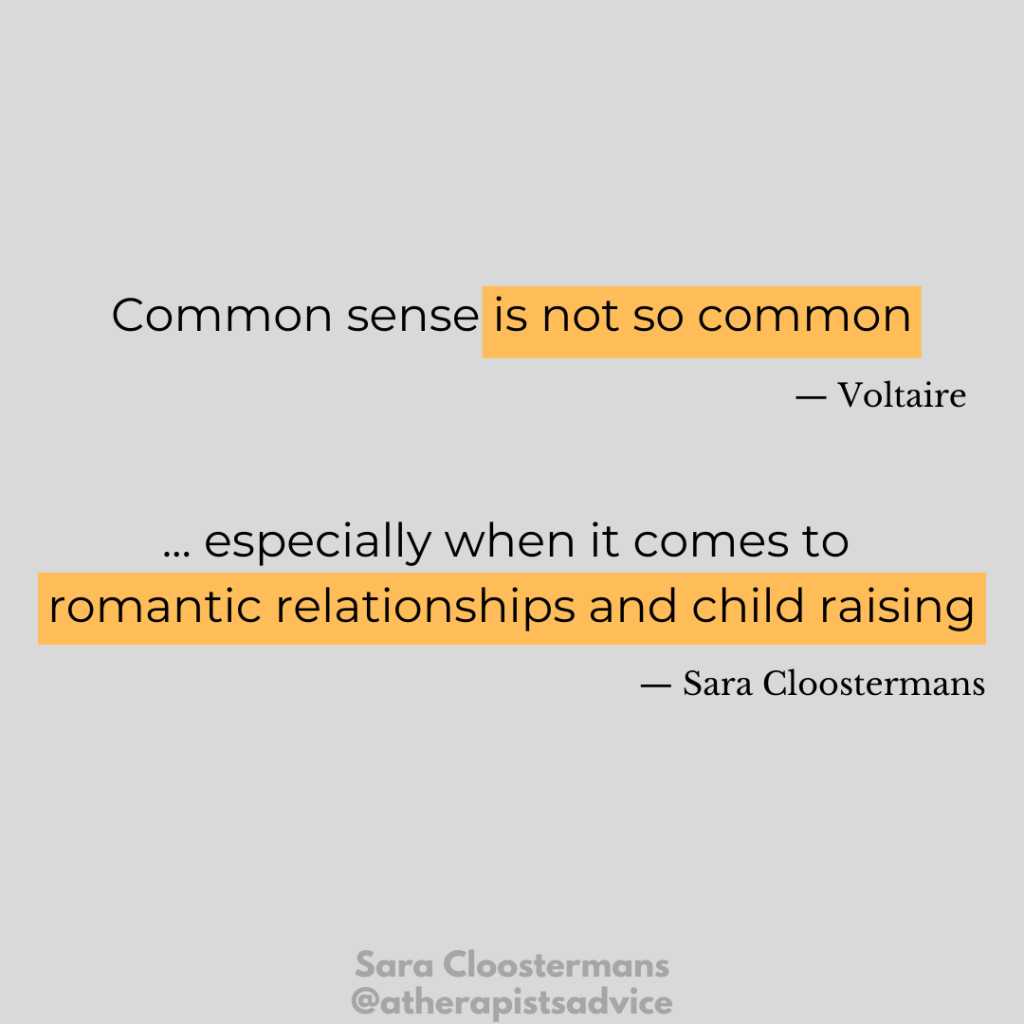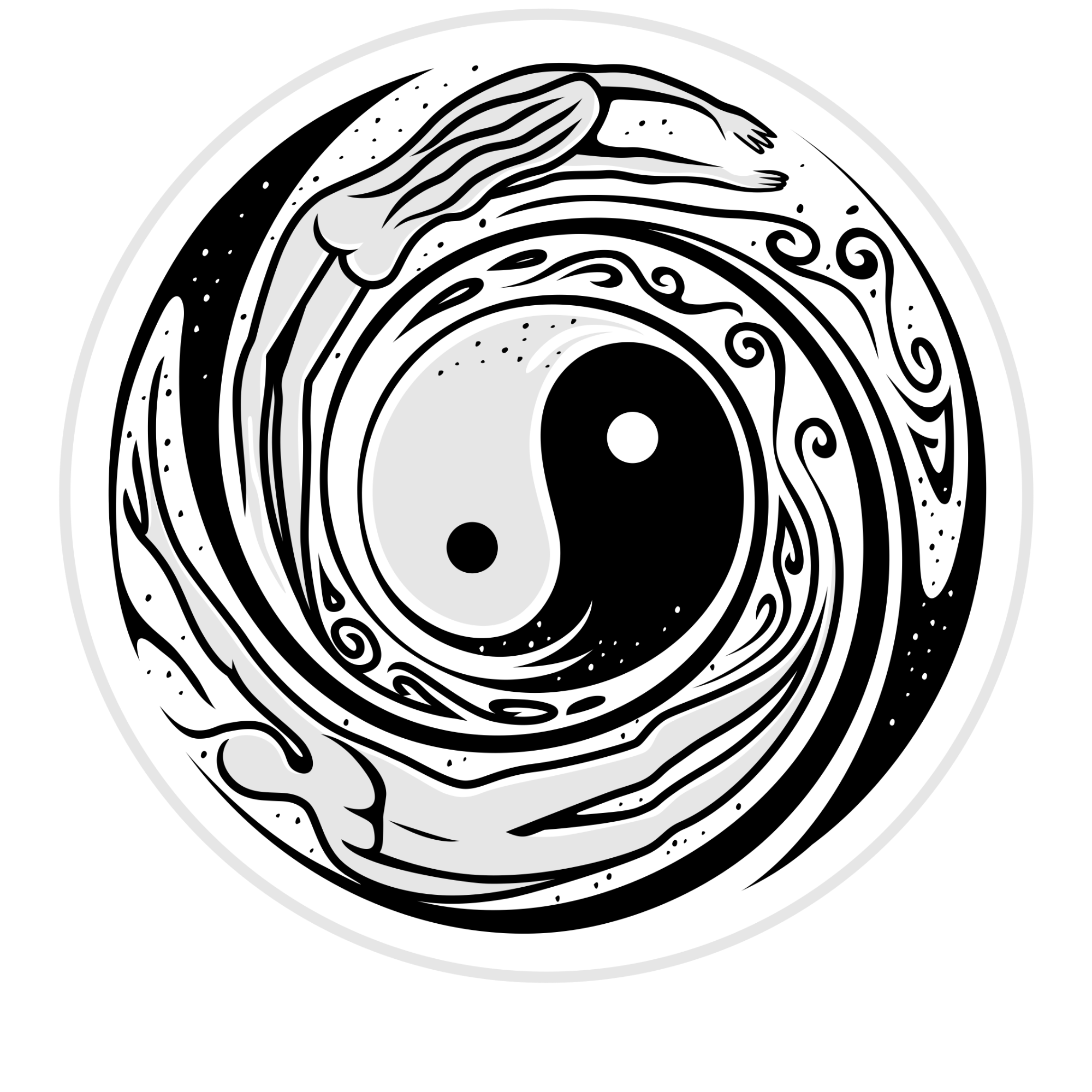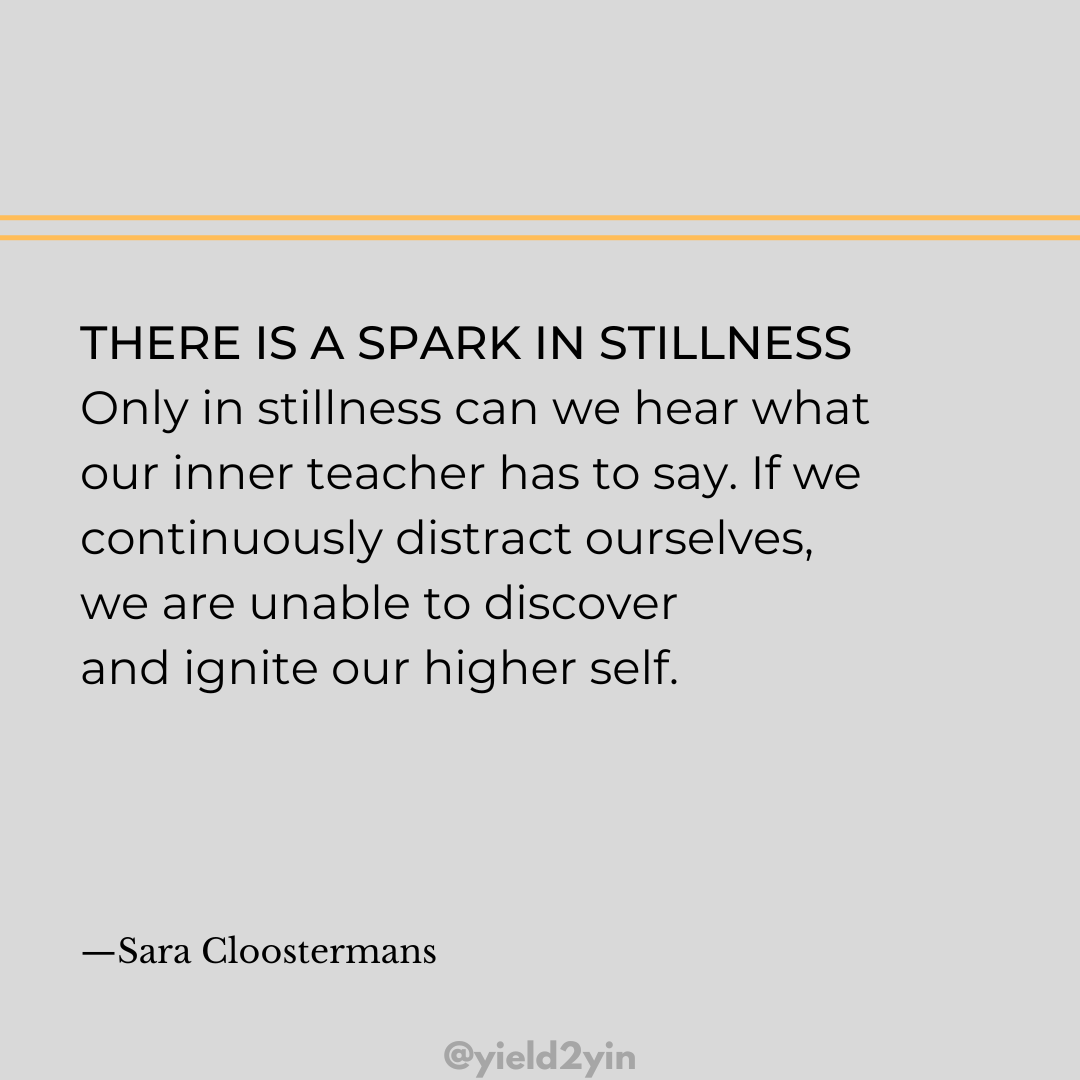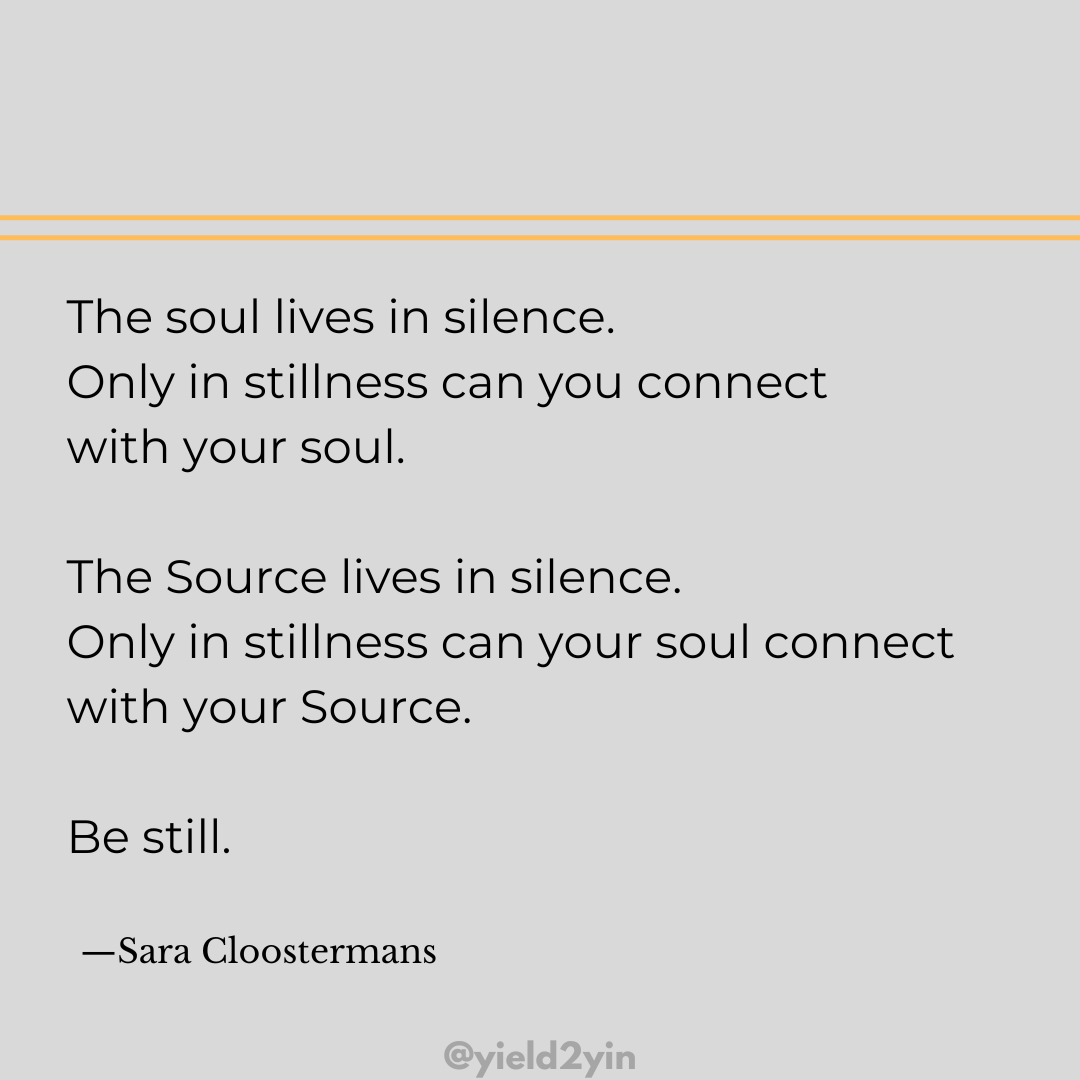I’ve worked with many parents throughout the years and have noticed a common scenario plays out over and over. A child becomes emotionally dysregulated for a variety of reasons. Cue: temper tantrum, meltdown, etc. The parent gets caught up in that emotional spiral and becomes dysregulated too. They then make a choice based on dysregulated emotions instead of doing what they know to be the right decision for the greater good.
Often they are afraid of being the “bad dad” or the “bad mom”–or maybe they’re just feeling too exhausted to do anything but give in. But a parent who is grounded in reality instead of matching a dysregulated child emotion for emotion is being the “good dad” or “good mom.”
I get it. We don’t want to see our babies hurt or uncomfortable. No parent enjoys that. But we all know life does bring hurt and discomfort. It is our job as parents to teach and guide these young ones through hard things. How then do we parent a child who has become emotionally dysregulated without becoming emotionally dysregulated ourselves?
It boils down to parenting with common sense. But the truth is that common sense is not all that common … especially when it comes to parenting.
Get Comfortable With Feeling Uncomfortable
In life, some of the best things for us don’t feel comfortable in the moment. It doesn’t feel comfortable to go to the gym before work, to set a new boundary, to see a new therapist, to stop overdrinking or overeating.
Parenting is no different. It’s easy to fall into the trap of thinking that if something is hard, it’s hard because you’re doing it all wrong. Sometimes things are hard because you’re doing them correctly. A lot of parenting doesn’t feel good. But that doesn’t mean it’s not right. You can survive being uncomfortable in the moment.
If you are feeling triggered by your little one’s heightened emotions, a great thing you can do is to pause and try a Yield2Yin technique. Grounding yourself can allow you to return to your truth, your wisdom. You are more likely to make decisions you are proud of in your parenting journey—even if they were hard to make.
Here’s an example. You’re trying to work from home and your little one keeps going into the pantry and pulling out unhealthy snacks you don’t want them to eat right now. You say no, and they have a meltdown. One of those epic, screaming, floor-pounding meltdowns. You’re already tired from a long day of work and know how easy it would be to give in so you could finish your day in peace. Or maybe you feel guilty for having paid so much attention to your task instead of them, and you think they maybe deserve the cookies right before dinner.
You could either:
- Give into their emotions by letting them eat the cookies, so you don’t have to deal with the meltdown or your own uncomfortable feelings.
- Take a few deep breaths, stick to what you know is right, and not let them have the cookies. This doesn’t mean you shouldn’t attend to their emotional state with gentleness and compassion: “I see you’re having a hard time right now …” It doesn’t mean they can’t have some control over their snack: “Would you like apple slices or peanut butter on celery?” It just means you won’t let dysregulated emotions cloud your wise judgment.
Focus on the Long-Term
It may feel loving to always swoop in and fix everything for your child—after all, they are just children, still learning about this world that can be difficult and scary. But that’s short-term reacting, not long-term parenting.
Someday your child will no longer be under your care. They will have to deal with the sometimes difficult and scary world no matter what. If they didn’t have age-appropriate lessons along the way, how prepared do you think they will be to handle the world in all its fullness when they go off to college or start an adult job?
We do our children a disservice by trying to take care of their momentary dysregulated feelings instead of trusting that, with our safe and steady guidance, they have the capability to self-regulate. At first, we may feel like we are being too tough on them and not loving enough. But really, we are just the opposite.
By giving our children the opportunity to learn self-soothing skills, they start feeling more and more in control of their inner emotional world. This increases their self-confidence and, contrary to what it may feel like in the heat of the moment, this ultimately enhances the parent-child relationship; it makes children feel more secure and connected, not less.
We have to take a deep breath and give kids an opportunity to learn. Learning opportunities take time. This is the work that creates resilient kids who can handle the complexities of life. That’s how you truly provide safety and security.
Example: If your older child forgot their lunch again, don’t take it to them this time. Let them figure out what type of solutions are available to them. Maybe they will ask a friend to share their lunch with them or ask to borrow some money, so they can go to the school cafeteria. Maybe they will ask the school staff at the cafeteria if they could bring the lunch money tomorrow instead. In all scenarios, they are learning how to ask for what they need and fix their own problems.
Being a mother has been a master class in letting go. Try as we might, there’s only so much we can control. And, boy, have I tried – especially at first. As mothers, we just don’t want anything or anyone to hurt our babies. But life has other plans. Bruised knees, bumpy roads, and broken hearts are part of the deal. What’s both humbled and heartened me is seeing the resilience of my daughters.
Michelle Obama
Prioritize Yourself and Your Relationship
There’s this common cultural narrative that good parents are sacrificial martyrs who lay down their lives and their marriages/partnerships for the sake of their children. But does that actually make any sense?
Which parent is better prepared to deal with the total meltdown of a 4-year-old? The resentful parent who hasn’t had a break in months and is a breath away from a meltdown too? Or the parent whose own cup is full?
Which set of parents is better prepared to take on the latest issue from a rebellious teenager? The couple who cannot stand each other and are on totally different pages because they haven’t had a real conversation or the chance to connect? Or the couple who is strong, solid, and in each other’s corner?
In my practice, I remind parents that it goes in this order:
- Self-Care
- Couples-Care
- Children-Care
When the first two are strong, the third one is that much stronger. It takes intentionality and commitment to live this out.
Example: If your little one is sad and crying, wondering why they can’t go on the date with mommy and daddy too, you have two options.
- You can give in to the momentary emotion and cancel your date or take them with you. In this case, you will have an evening just like every other evening where you are focused on dinner, bath, bedtime, and cleanup. You don’t get a break or chance to reconnect. If you take them with you, you’ll be in a mad dash to get in, get out, and leave without a meltdown or broken dishes. You will feel exhausted and still disconnected, and your little one will not have had the opportunity to learn they can have fun and be safe even when you’re not there.
- You can hold on to what is true, and you can take a breath and think rationally. It is good for you and your partner to have time alone to reconnect. It is good for your little one to have time with another grown-up who cares for them. You can kindly explain that this time is for mommy and daddy. Then you go on your date and talk about grown-up things and recharge those batteries.
Tuning Into Your Child’s Emotions
Looking for more resources to tune into your child’s emotions … and hold space for them … without allowing them to control the household or wreck your peace? Check out Big Little Feeling, Curious Parenting, or Dr. Becky Kennedy.

Yield2Yin
- Healing Card Deck: A Therapist’s Advice 55-Card Healing Deck by Sara Cloostermans
- Book Recommendation: The Conscious Parent by Dr. Shefali Tasabary
- Mantra: I AM GUIDANCE // repeat with diaphragmatic breathing
- Yin Yoga Asana: Happy Baby Pose
This page includes Amazon Associate affiliate links, which means I may earn a small commission at no cost to you if you purchase a product I suggest. I only recommend products I believe in. Learn more HERE.







